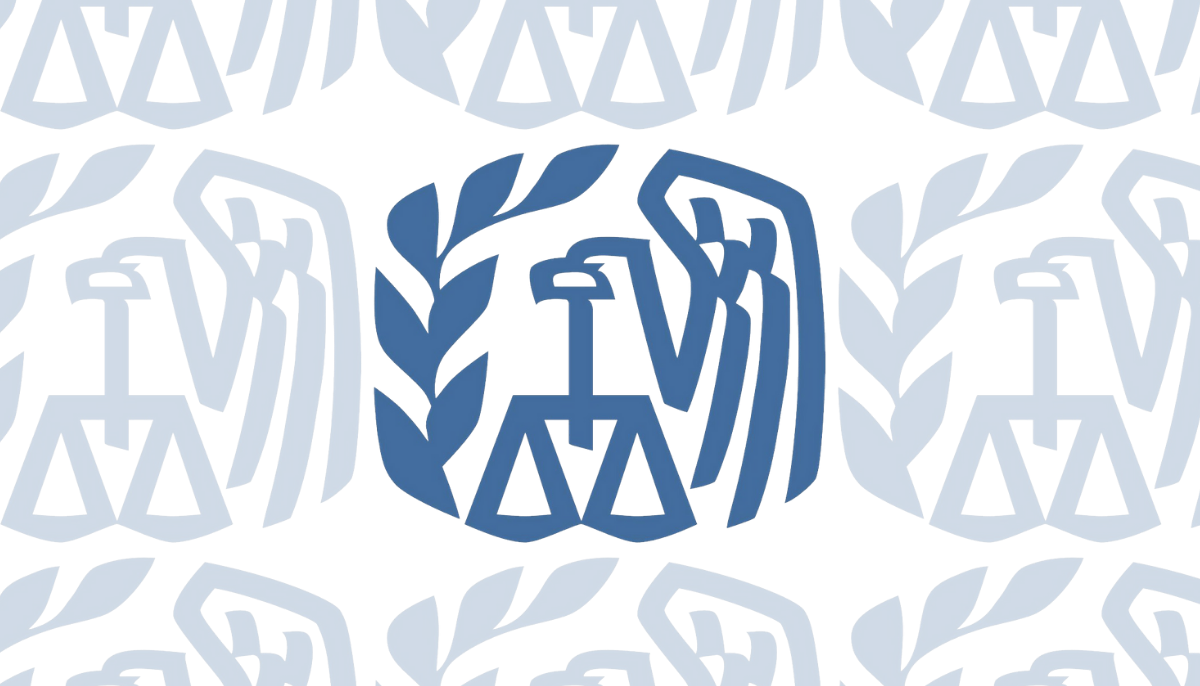
News
October 06, 2025
IRS Rolls Out Fee Cuts, New Tax Relief, and Mediation Pilot Amid Busy Week
WASHINGTON, D.C. — The Internal Revenue Service and the U.S. Department of the Treasury unveiled a series of major updates this week, ranging from fee reductions for tax preparers and ...
WASHINGTON, D.C. — Taxpayers and tax professionals alike are seeing a flurry of activity coming from the Internal Revenue Service (IRS) and the U.S. Department of the Treasury this week, with the announcement of several key initiatives designed to ease the tax burden and improve taxpayer services. The moves signal a concerted effort to modernize the IRS and make it more accessible to the American public.
One of the most significant changes is a reduction in fees for certain tax preparers. This measure aims to lower the cost of compliance for tax professionals, particularly smaller firms and independent preparers, potentially leading to more affordable services for taxpayers who rely on their expertise. The specific details of the fee reductions, including which fees are being cut and by how much, are expected to be clarified by the IRS in the coming days. This change should allow tax professionals to better serve their clients without the burden of high fees.
In addition to the fee reductions, the IRS and Treasury Department are also implementing new forms of tax relief. While the specific details of this relief remain to be seen, the announcement suggests a broader effort to provide targeted assistance to taxpayers who may be struggling to meet their tax obligations. This could potentially involve adjustments to payment plans, expanded eligibility for certain deductions or credits, or other measures designed to provide financial breathing room for individuals and families.
Further enhancing taxpayer services, the IRS is launching a mediation pilot program. This innovative initiative aims to provide an alternative dispute resolution process for certain tax issues. Mediation offers a less adversarial and potentially faster way to resolve disagreements between taxpayers and the IRS, avoiding the time and expense of formal audits or litigation. The pilot program will likely target specific types of tax disputes, allowing the IRS to assess the effectiveness of mediation as a broader tool for resolving tax controversies. Taxpayers selected for the pilot program will have the opportunity to work with a neutral mediator to reach a mutually agreeable resolution.
This busy week for the IRS and Treasury Department highlights a commitment to improving the taxpayer experience and ensuring fair and efficient tax administration. As more details become available on these initiatives, taxpayers and tax professionals are encouraged to stay informed and take advantage of the resources and opportunities being offered.
One of the most significant changes is a reduction in fees for certain tax preparers. This measure aims to lower the cost of compliance for tax professionals, particularly smaller firms and independent preparers, potentially leading to more affordable services for taxpayers who rely on their expertise. The specific details of the fee reductions, including which fees are being cut and by how much, are expected to be clarified by the IRS in the coming days. This change should allow tax professionals to better serve their clients without the burden of high fees.
In addition to the fee reductions, the IRS and Treasury Department are also implementing new forms of tax relief. While the specific details of this relief remain to be seen, the announcement suggests a broader effort to provide targeted assistance to taxpayers who may be struggling to meet their tax obligations. This could potentially involve adjustments to payment plans, expanded eligibility for certain deductions or credits, or other measures designed to provide financial breathing room for individuals and families.
Further enhancing taxpayer services, the IRS is launching a mediation pilot program. This innovative initiative aims to provide an alternative dispute resolution process for certain tax issues. Mediation offers a less adversarial and potentially faster way to resolve disagreements between taxpayers and the IRS, avoiding the time and expense of formal audits or litigation. The pilot program will likely target specific types of tax disputes, allowing the IRS to assess the effectiveness of mediation as a broader tool for resolving tax controversies. Taxpayers selected for the pilot program will have the opportunity to work with a neutral mediator to reach a mutually agreeable resolution.
This busy week for the IRS and Treasury Department highlights a commitment to improving the taxpayer experience and ensuring fair and efficient tax administration. As more details become available on these initiatives, taxpayers and tax professionals are encouraged to stay informed and take advantage of the resources and opportunities being offered.
Category:
World